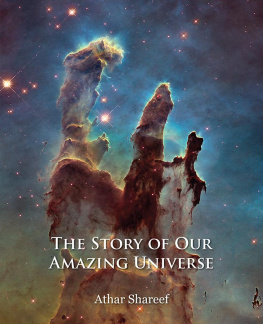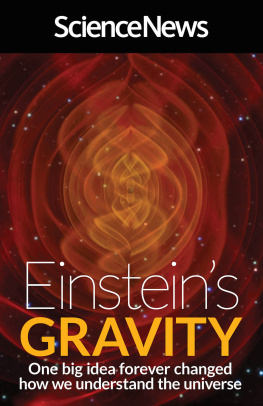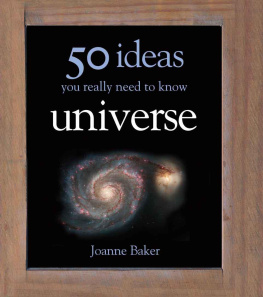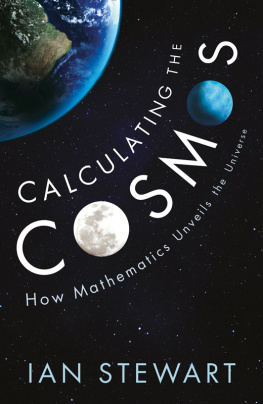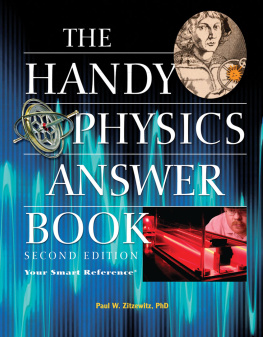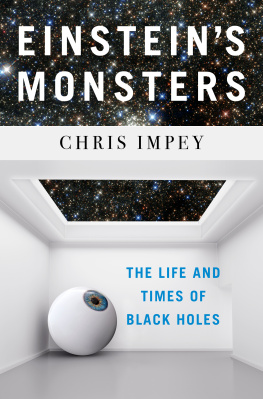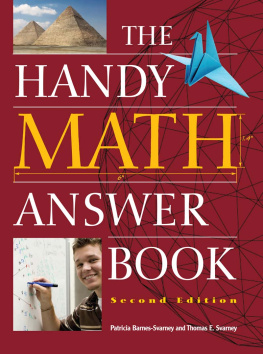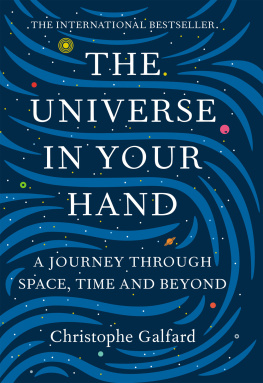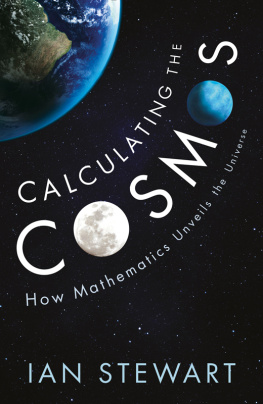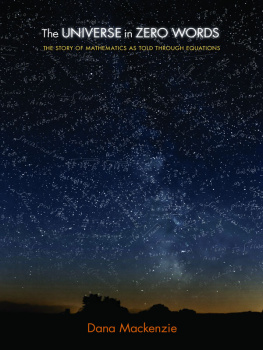Athar Shareef - The Story of Our Amazing Universe
Here you can read online Athar Shareef - The Story of Our Amazing Universe full text of the book (entire story) in english for free. Download pdf and epub, get meaning, cover and reviews about this ebook. year: 2022, publisher: Grosvenor House Publishing Limited, genre: Religion. Description of the work, (preface) as well as reviews are available. Best literature library LitArk.com created for fans of good reading and offers a wide selection of genres:
Romance novel
Science fiction
Adventure
Detective
Science
History
Home and family
Prose
Art
Politics
Computer
Non-fiction
Religion
Business
Children
Humor
Choose a favorite category and find really read worthwhile books. Enjoy immersion in the world of imagination, feel the emotions of the characters or learn something new for yourself, make an fascinating discovery.
- Book:The Story of Our Amazing Universe
- Author:
- Publisher:Grosvenor House Publishing Limited
- Genre:
- Year:2022
- Rating:5 / 5
- Favourites:Add to favourites
- Your mark:
The Story of Our Amazing Universe: summary, description and annotation
We offer to read an annotation, description, summary or preface (depends on what the author of the book "The Story of Our Amazing Universe" wrote himself). If you haven't found the necessary information about the book — write in the comments, we will try to find it.
Our Universe is amazing. This is its story, told in simple language.
The story tells how the Universe came to be what it is today. It starts with the Big Bang and describes how stars, black holes, and our solar system developed. It explores the evolution of life on Earth and investigates the possibility of extra-terrestrial life. It peers into the future and wonders about the Universes likely old age and death, or whatever else may be its end.
The challenge the book takes up is to explain all of this, including some of the astonishing concepts we have in science, such as Einsteins theories of Relativity and Quantum Mechanics, using virtually no mathematics and without dumbing-down. All are described narratively and explained using examples and anecdotes.
The book is written for young people with a thirst for learning about the science of space, as well as for grown-ups who want a better understanding of this fascinating subject.
Athar Shareef: author's other books
Who wrote The Story of Our Amazing Universe? Find out the surname, the name of the author of the book and a list of all author's works by series.

